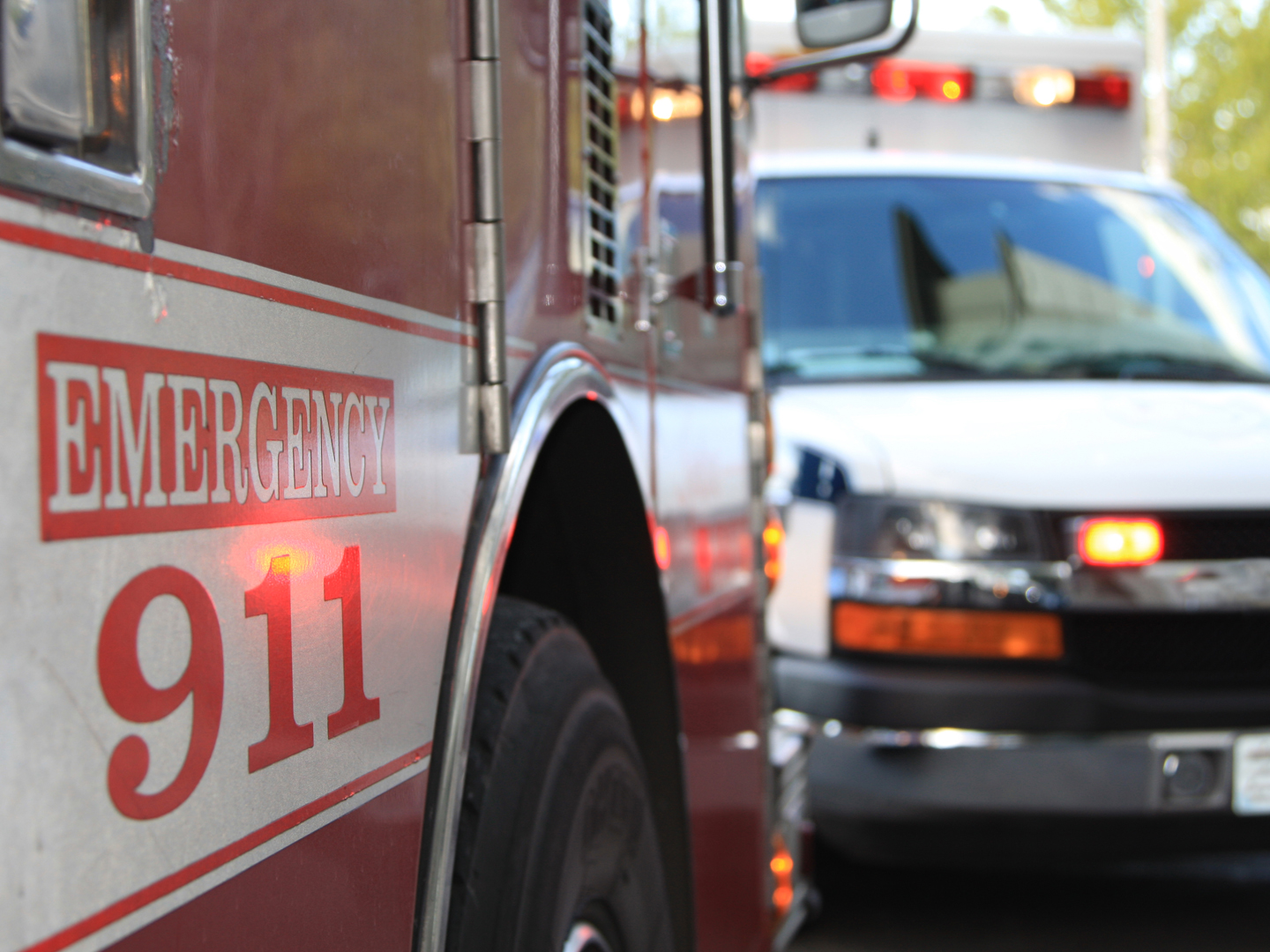Is It Normal for the Anxiety of 9/11 to Come Back Again?
Just when I thought life was getting back to normal after September 11, the terrible news of the murder of Wall Street Journal reporter Danny Pearl came out. I can’t understand why the death of a man I never knew brought back all the emotional turmoil that followed the events of September 11. Is this abnormal?
Andrew Weil, M.D. | March 11, 2002

Updated 4/19/2005
Many millions of Americans have experienced a cascade of strong emotions since September 11th, 2001 – feelings ranging from shock and anger to numbness, depression, and helplessness. Physical symptoms such as sleep disturbances, fatigue, loss of appetite, chest pains, and upset stomachs can also be manifestations of the emotional impact of the terrorist attacks.
All of these reactions are consequences of the losses we’ve all suffered – the disruption of our lives and the alteration of our views of the world as a result of the attacks. Roxane Cohen Silver, Ph.D., a professor of psychology and social behavior at the University of California, Irvine, and an expert on how individuals cope with major life losses, sees the after-effects as profound and maintains that the terrorist attacks “interrupted the rhythm, cycles and entire social fabric of our country.” And she predicts that the consequences could last months, years, and for some people, the rest of their lives.
The answer to your question is that what you’re experiencing is not abnormal, and you’re certainly not alone in feeling as you do. It isn’t surprising that the vicious murder of Danny Pearl rekindled your emotional response to the events of September 11.
My colleague, grief counselor Deborah Morris Coryell, author of Good Grief: Healing Through the Shadow of Loss,(Shiva Foundation, 1997), says that it seems to her that we store our grief memories so that they can be easily reawakened by fresh reminders, in your case, the relatively fresh grief due to the terrorist attacks was rekindled by Danny Pearl’s death. She says that it is important to understand that grief and grieving are not diseases, but normal and healthy responses to the experience of loss.
I can only encourage you to talk about your feelings with your family and friends. A strong support system, close family ties or membership in a religious organizations are key to coping successfully with any loss, including the losses we all suffered as a result of the terrorist attacks. It is also important for you to recognize – and for those around you to understand – that there is no “normal” time for working through your emotional response to our national tragedy.
Beyond that, I would urge you to eat well and exercise regularly and try to counter anxiety and stress with relaxation techniques such as breathing exercises, yoga, meditation, visualization, or guided imagery.
Andrew Weil, M.D.










